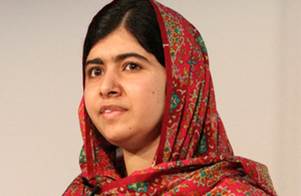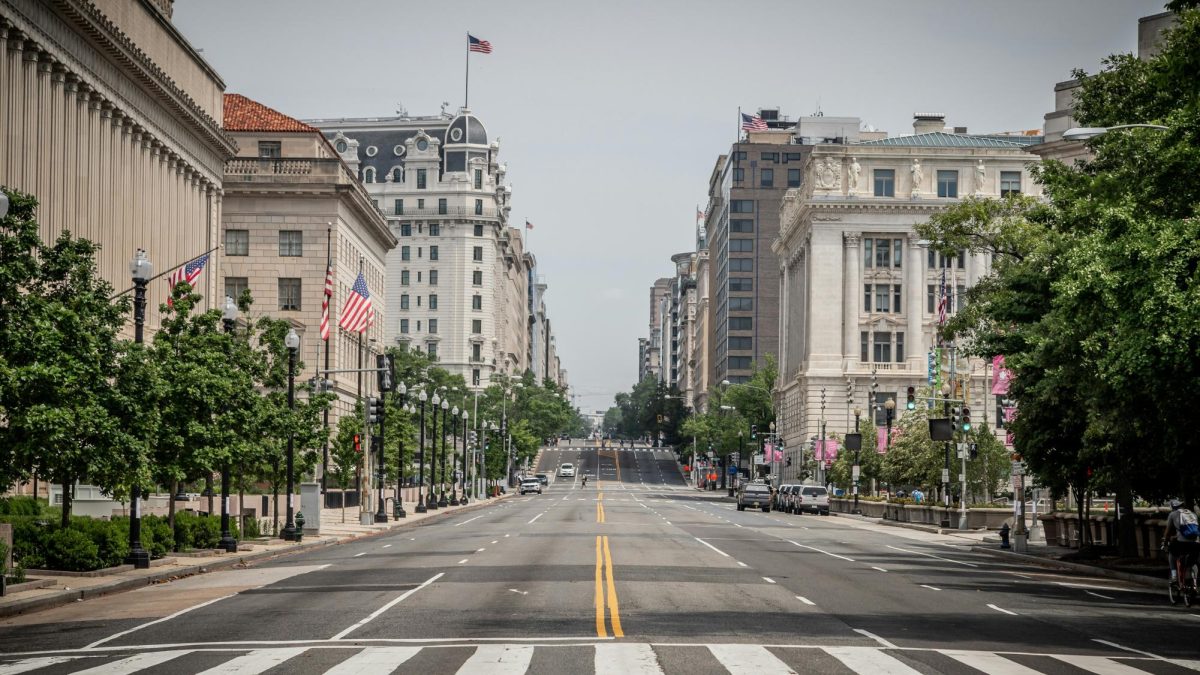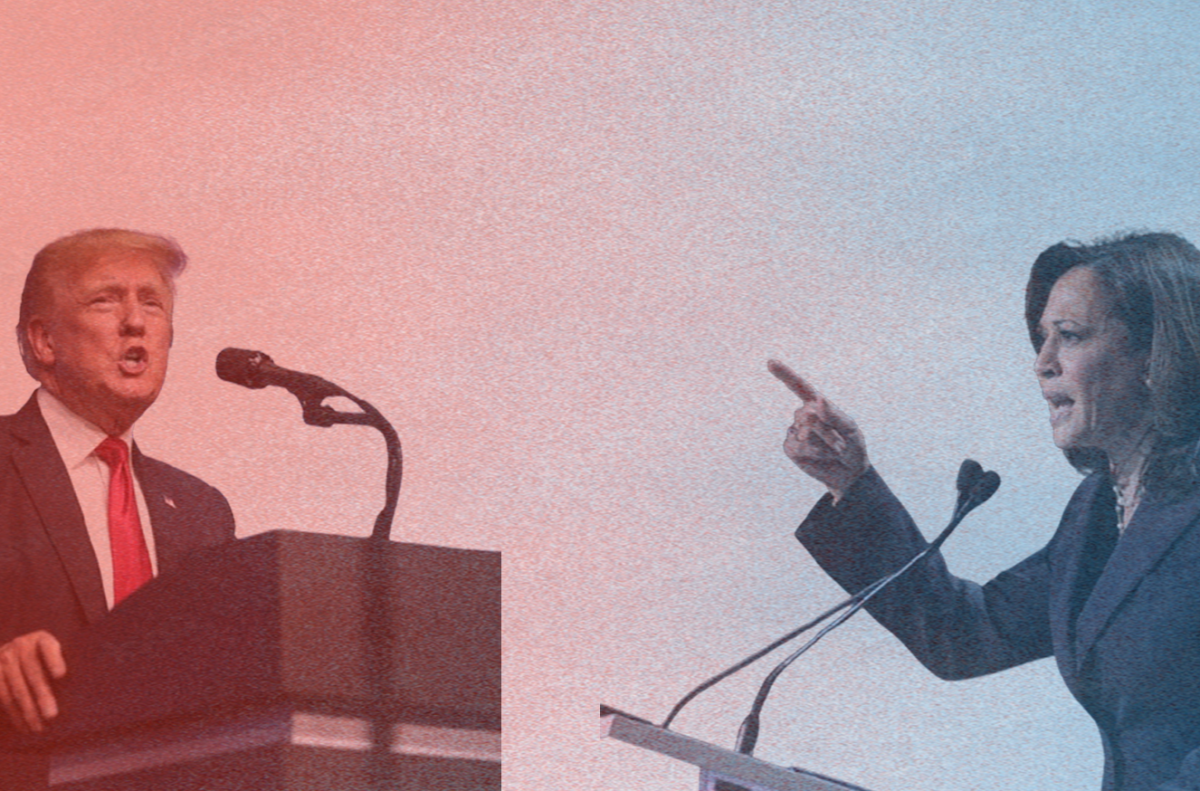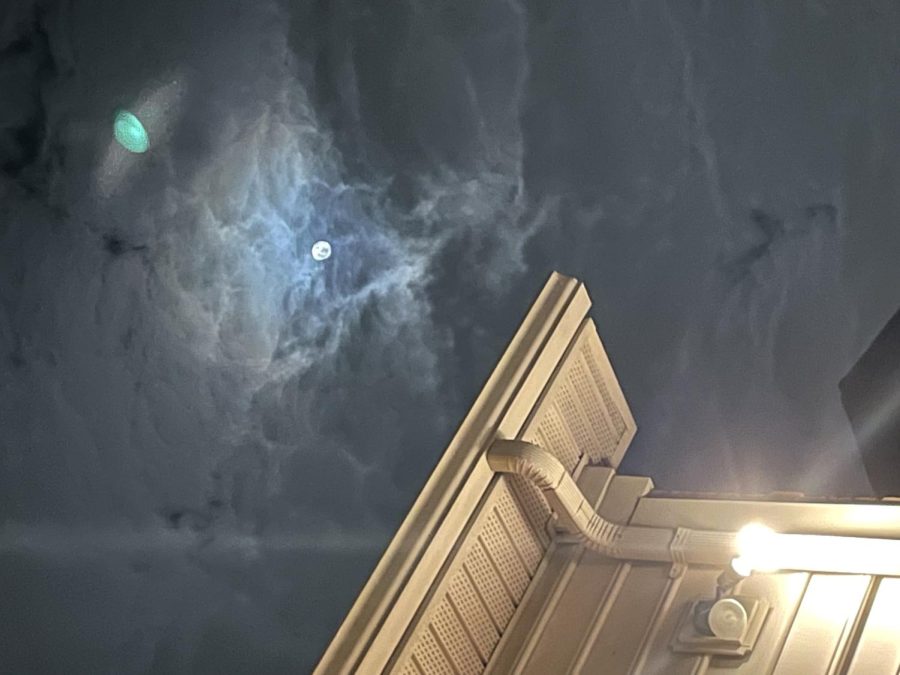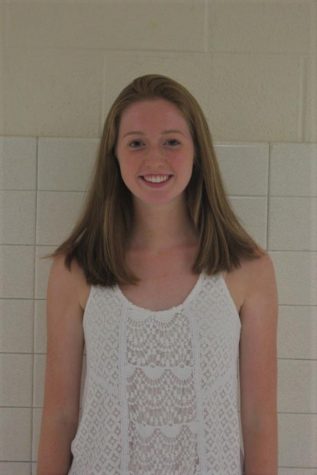Malala Yousafzai, age 17, and Kailash Satyarthi beat many, including the Pope and Vladimir Putin, to the 2014 Nobel Peace Prize. Yousafzai is a Pakistani teenager who has been an advocate for girl’s education since she was young. In 2012, Yousafzai was shot in the head by the Taliban, a fundamentalist Islamic militia in Afghanistan, on her way to school. She survived, and has continued to speak of the importance of education. U.N. Secretary-General Ban Ki-moon described Yousafzai as “a brave and gentle advocate of peace who, through the simple act of going to school, became a global teacher.” Satyarthi, an activist for rights of Indian Children, shared the Nobel Peace Prize with Yousafzai this year. Satyarthi founded the Bachpan Bachao Andolan (which, in English, means “Save the Childhood Movement”) and has acted to protect the rights of more than 83,000 children from 144 countries. Together, the two were said to deserve the award “for their struggle against the suppression of children and young people and for the right of all children to education.”
Nobel Prizes were also awarded for Physics, Chemistry, Literature, and Physiological Medicine. The Physics Nobel Prize was awarded to three college professors: Isamu Akasaki at Meijo University and Nagoya University in Japan, Professor Hiroshi Amano at Nagoya University in Japan, and Professor Shuji Nakamura at University of California in Santa Barbara “for the invention of efficient blue light–emitting diodes which has enabled bright and energy-saving white light sources.” The Chemistry Nobel Prize was awarded to: Eric Betzig of Howard Hughes Medical Institute in Ashburn, VA, Stefan Hell of the Max Planck Institute for Biophysical Chemistry and German Cancer Research Center in Heidelberg, Germany, and William Moerner of Stanford University in California “for the development of super-resolved fluorescence microscopy”. The Nobel Prize for Literature was awarded to Patrick Modiano “for the art of memory with which he has evoked the most ungraspable human destinies and uncovered the life-world of the occupation”. The Nobel Prize for Physiology or Medicine was divided, one half awarded to John O’Keefe, the other half jointly to May-Britt Moser and Edvard Moser “for their discoveries of cells that constitute a positioning system in the brain”.
*All quotes taken directly from the Nobel Prize Announcements in Stockholm, Sweden



